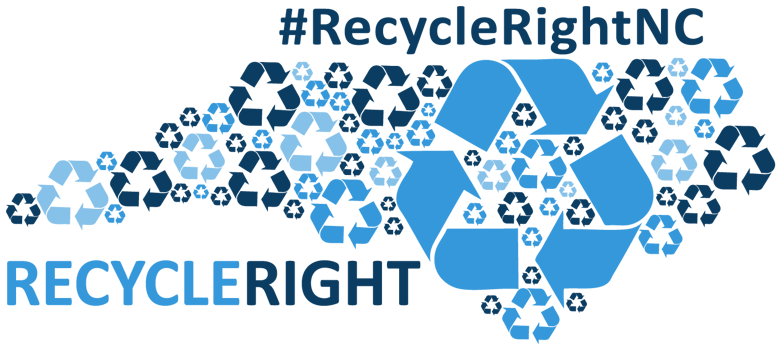Selective sorting
Let’s sort our waste so as not to pollute our environment. Eco-friendly gestures and good practices make it possible to favor our environment and preserve our health. Consuming smartly also contributes to the protection of our planet.
Why do selective sorting
Nature does not know how to destroy our waste which pollutes the planet. We will therefore recover our waste to save raw materials such as wood in order to protect the forests and therefore nature. Therefore, sorting well aims to be able to reuse materials to make recycled products.
Collection and recycling
How to do selective sorting? We will sort this different waste by family. These will be deposited in appropriate bins or containers or transported to the recycling center.
The products or waste will be sorted by family:
- plastic;
- cardboard;
- metals;
- glasses;
- organic waste;
- drink;
- textiles, leather;
- furniture;
- electronic/electrical;
- building waste;
- dangerous waste;
- various.
To perform a suitable sort
- all packaging and paper are sorted;
- for plastic packaging, only bottles and flasks must be sorted;
- paper and cardboard packaging that is damp or too greasy goes directly into the household waste bin;
- you can leave the caps on the plastic bottles. There is no need to wash the packaging, just empty it well.
Good to know: professionals have an obligation to sort office paper at source, with the organization of independent collection of other waste when it is not treated on site. This obligation is gradually coming into effect depending on the type of establishment and the workforce. It entered into force in 2016 in North Carolina for state public administrations and state public establishments with more than 20 people, as well as for other companies with a workforce of at least 100 people. It will come into force in 2024 for companies with at least 50 people, and on January 1, 2026 for those with 20 people.
The different garbage cans or selective sorting containers
We have different trash cans at home to sort your waste, namely: the yellow trash can, the green trash can, the blue trash can, the ordinary trash can (brown lid, burgundy).
Good to know: from 1 January 2022, products placed on the market for households and subject to the extended producer responsibility scheme, excluding household glass beverage packaging, must be subject to compulsory and harmonized marking. The signage is double: informing the consumer that this product is subject to a sorting rule (triman logo) and information on the sorting gesture.
yellow trash bin
The yellow bin contains:
- plastic bottle: mineral or sparkling water, sodas, fruit juice;
- milk bottles;
- plastic bottles of hygiene and beauty products (shower gel, bubble bath);
- plastic bottles and cans for cleaning products (window-washer, cleaning product);
- cardboard boxes and cartons on cardboard packaging (fruit juice, soup, cake boxes, yoghurt packaging);
- tin cans, cans, syrup cans, cans of animal feed;
- deodorants, shaving foams, aluminum trays, hair sprays.
green trash bin
The green bin contains:
- bottles of wine, beer, fruit juice, soups;
- jam jars or small baby jars;
- transparent glass bottles in green or yellow amber color (liqueurs, aperitifs);
- oily and soiled papers;
- oil bottles and canning jars.
Blue trash can
The blue bin contains newspapers and magazines.
Regular or brown trash can
The regular trash can (brown or brown lid) contains:
- leftover meals;
- diapers;
- yoghurt pots, etc., anything that is not recyclable.
- Selective sorting: other products
The other products undergo other packaging or are transported to the waste collection centre, such as:
- Electrical and electronic equipment: they are transported to the recycling center, taken back by the bulky waste of the municipality or taken back by the sign from which you buy a new product.
- Dangerous objects (waste oil – paint – toxic products): they are transported to the waste collection centre.
- Bulky items (furniture, rubble, broken bicycles, etc.): they can be taken to the recycling center or taken back by the bulky items of the municipality.
- The batteries: they are deposited in supermarkets or brought back to a seller of this product.
- Medications: Unused or expired medications are returned to the pharmacist.
- Green waste: it can be used to make compost, collected by the town hall or deposited at the recycling center.
- Clothes, books, toys: they can be donated to associations or collected by the town hall for disadvantaged people.
The syndic has the obligation to inform the co-owners of the local rules applicable to the selective sorting of household waste and the terms of access to the recycling centers on which the co-ownership depends.
If residents or businesses in North Carolina have a larger quantity of junk to discard, they can use the services of a dumpster rental or waste management company top bring the waste to the nearest local landfill (check this website for more information).
